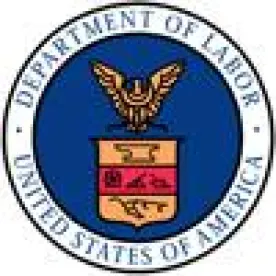Newly appointed Secretary of Labor Alexander Acosta announced on June 27 that the U.S. Department of Labor (“DOL”) would resume issuing opinion letters in response to employers and employees who submit inquiries seeking fact-specific interpretations of the Fair Labor Standards Act (“FLSA”) and the Family and Medical Leave Act (“FMLA”). Opinion letters are official, interpretative correspondence from the Wage and Hour Division of the DOL. Historically, these letters have been a tool for employers to obtain practical guidance on nuances of the FLSA and FMLA – laws that have many gray areas. After almost 70 years, the DOL stopped its practice of issuing opinion letters in 2010, and offered only Administrator Interpretations, which were more generalized statements on the FLSA and FMLA, and how those laws might affect employers in a broad range of situations.
In addition to practical advice, DOL opinion letters also can provide employers with added peace of mind when dealing with unique but specific situations, as relying on guidance provided in a DOL opinion letter can offer a substantial measure of protection in the event of later litigation or administrative challenges. Specifically, employers may assert a “good faith reliance” defense to certain legal claims asserted against them based on wage and hour decisions they made based on advice provided in an official DOL opinion letter. Employers also may be able to defend their pay decisions that comply with a DOL opinion letter against assertions that those decisions were “willful” violations of the FLSA. (Willful violations of the FLSA can subject employers to greater penalties than non-willful FLSA violations.)
One of the most common issues addressed in DOL opinion letters are fact-specific analyses concerning whether a particular employee or category of employees fall within an exemption to the overtime compensation requirements of the FLSA. Employee classifications, overtime, and minimum wage analyses can occupy a tremendous amount of employer time, and also comprise a significant amount of the litigation in the wage and hour arena. Secretary Acosta stated that DOL opinion letters are important because they allow employers to “clearly understand their labor responsibilities” so that they can focus on what they do best: “growing their businesses and creating new jobs.” Employers can submit requests for an opinion letter themselves, or can have legal counsel submit them on their behalf.




 />i
/>i

